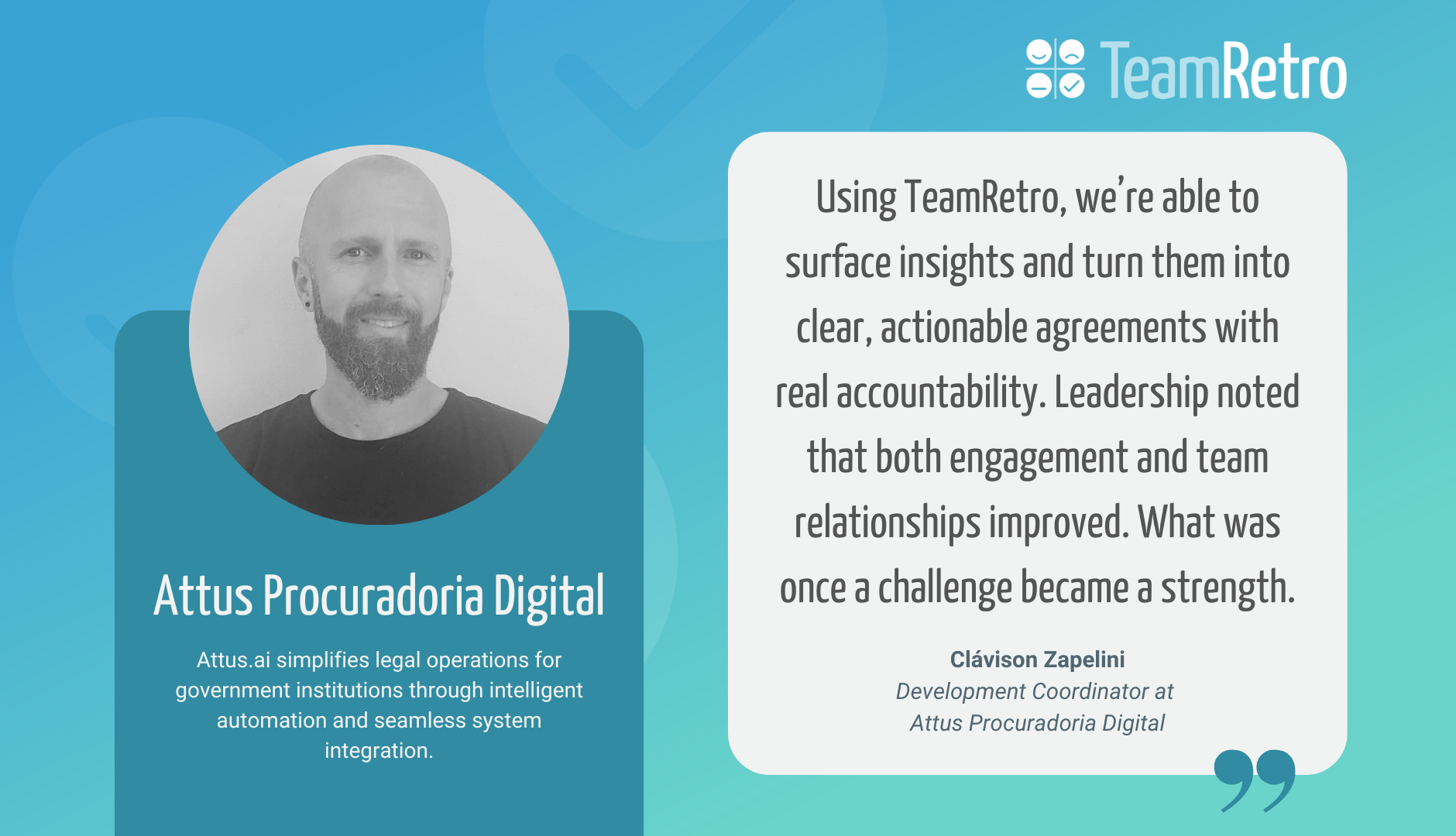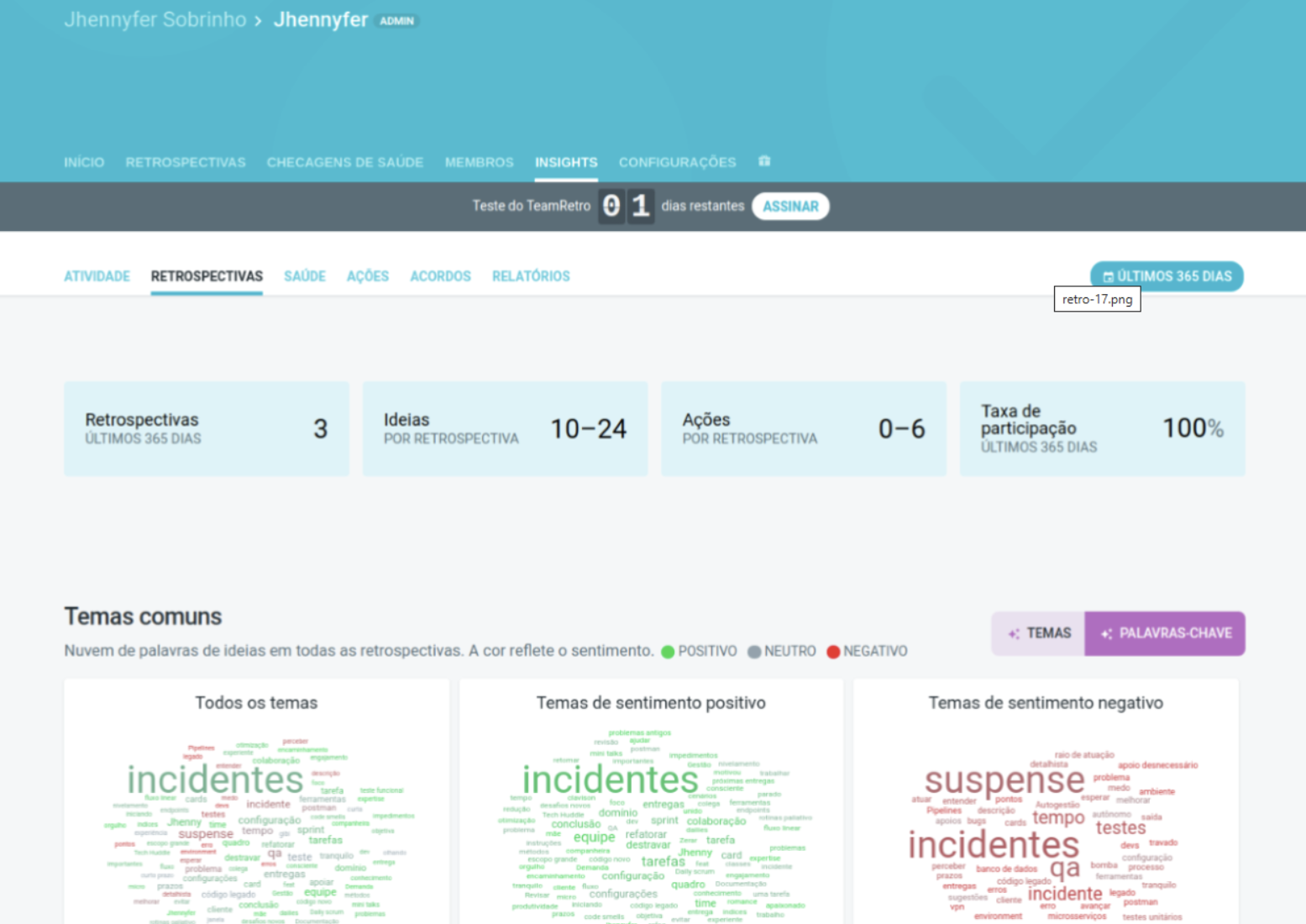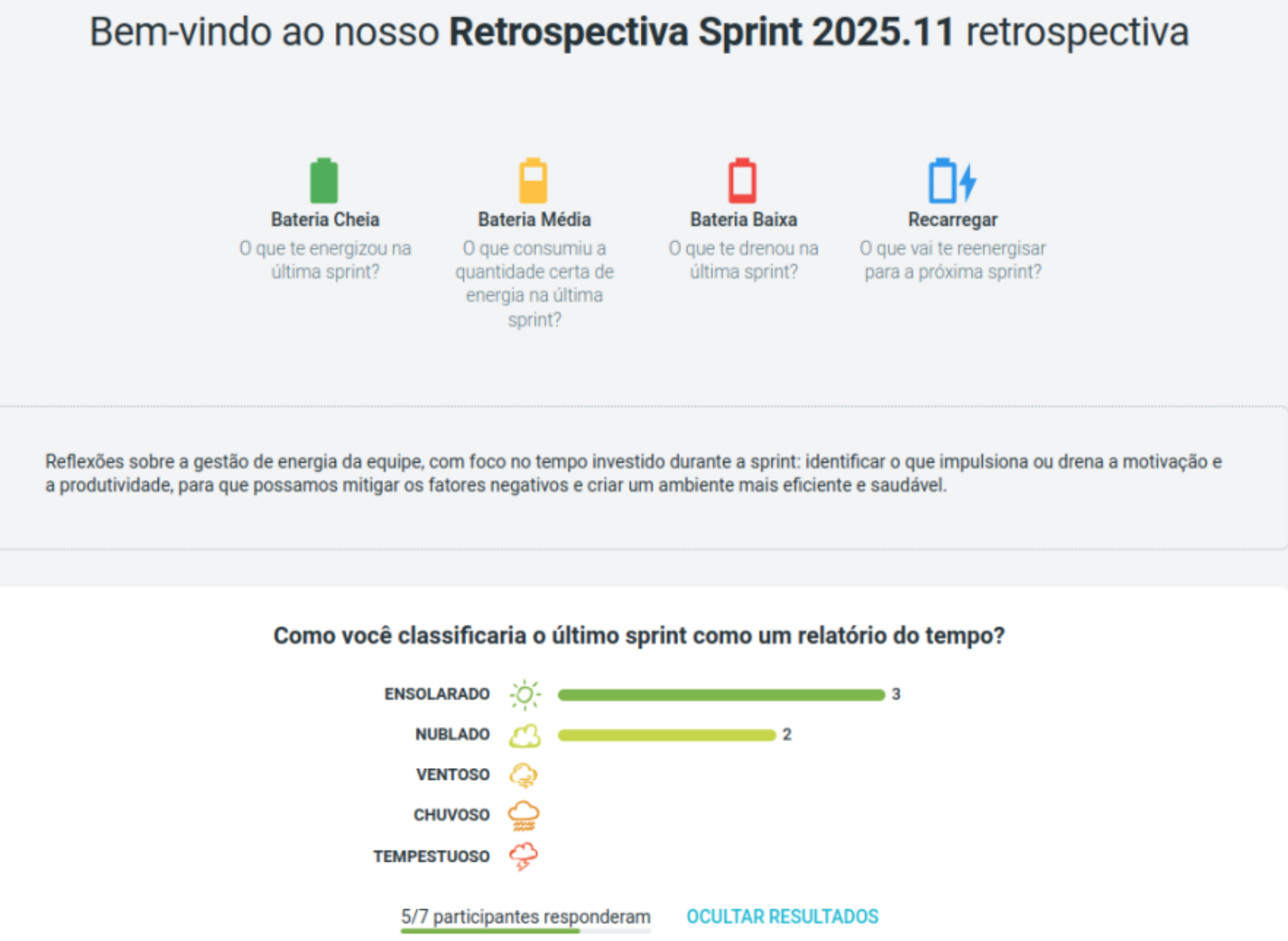Attus, a Brazil-based legal-tech company, offers a specialized platform designed to streamline operations for public sector legal departments. Powered by artificial intelligence and automation, Attus manages petitions and court rulings, classifies and distributes cases, drafts documents, monitors deadlines, and integrates with government systems like tribunals, Receita Federal, SEI, and debt collection services. By adapting to each institution’s unique workflows, Attus enables legal teams to focus on strategic decision-making rather than repetitive administrative tasks.
As Development Coordinator, Clávison Zapelini leads the orchestration of multiple development squads. His responsibilities include task prioritization, sprint planning, KPI tracking, and perhaps most importantly, keeping teams engaged and motivated.
The Challenge of Creating Standardized, High-Impact Retrospectives Across 8 Development Squads
While many agile ceremonies such as daily standups and reviews were running smoothly, retrospectives were proving inconsistent and less impactful. “Each tech lead used a different tool, some took more time and others less, and I didn’t see the results of this very important ceremony,” Clávison explains. Attempts to formalize retrospectives with other tools hadn’t helped, resulting in low engagement and fragmented outcomes.
The Turning Point: Trialing TeamRetro
Looking for a better approach, Clávison introduced TeamRetro to one squad during a two-sprint trial. The difference was clear from the start. “We immediately noticed much higher engagement, thanks to the methodology the tool allows,” he recalls.
“We immediately noticed much higher engagement, thanks to the methodology the tool allows.”
Team members echoed the sentiment in surveys, describing them as the best retrospectives they had experienced. Encouraged by the feedback, Clávison expanded the use of TeamRetro to all eight development squads, covering around 40 developers. “The engagement fostered by the various facilitation methods and the available templates were the main reasons for choosing it,” he confirms.
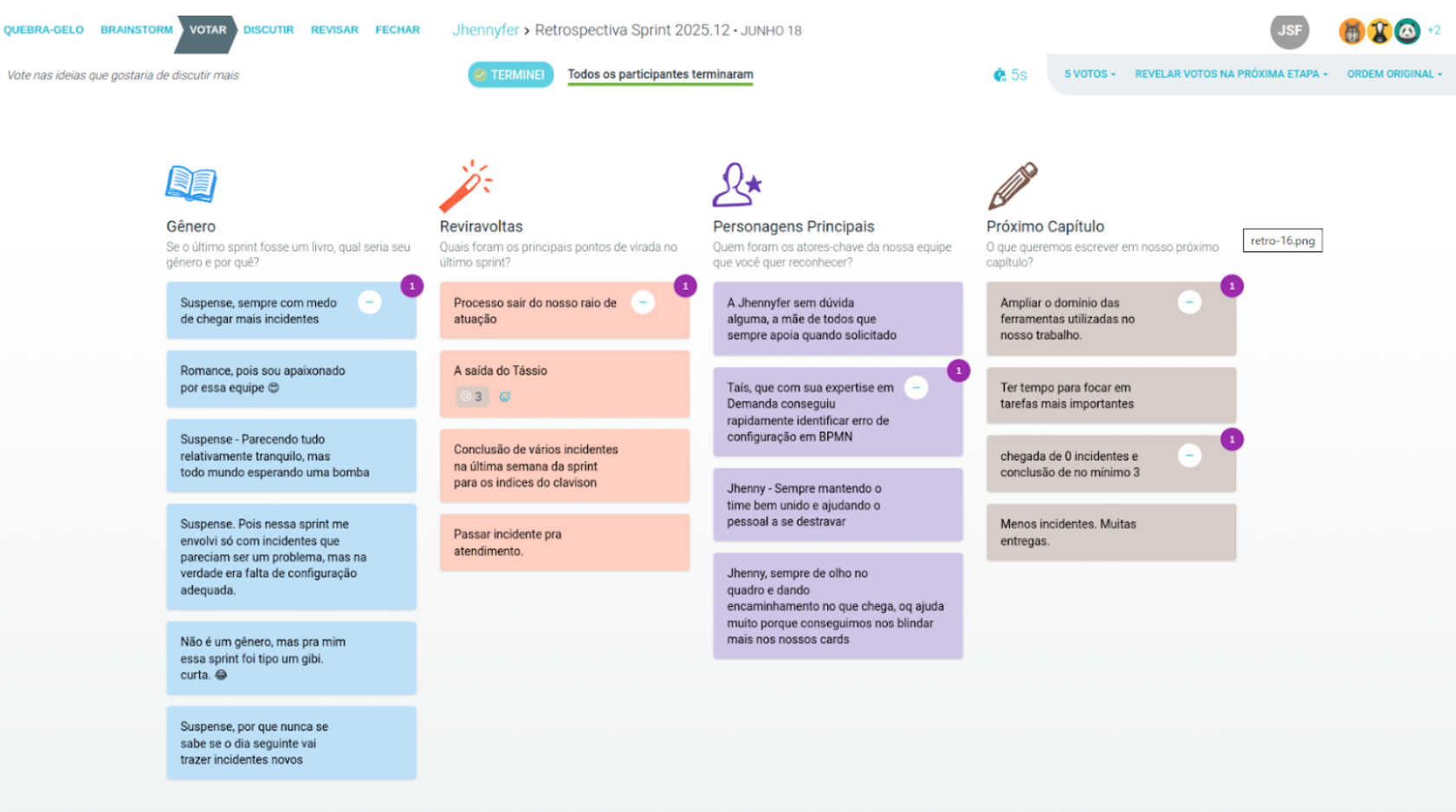
“The engagement fostered by the various facilitation methods and the available templates were the main reasons for choosing it.”
How TeamRetro Supports the Attus Process
Attus runs bi-weekly sprints across its development teams, and TeamRetro quickly became a staple for their retrospective ceremonies. Its pre-designed templates made preparation significantly easier for tech leads and helped standardize the experience across squads. What was once a challenge became a strength.
“Our sprints are bi-weekly, and we have 8 development squads. We use TeamRetro for the retrospective ceremony. It greatly facilitates the management of this ceremony by providing well-designed templates, which significantly help the tech leads prepare an effective retrospective.”
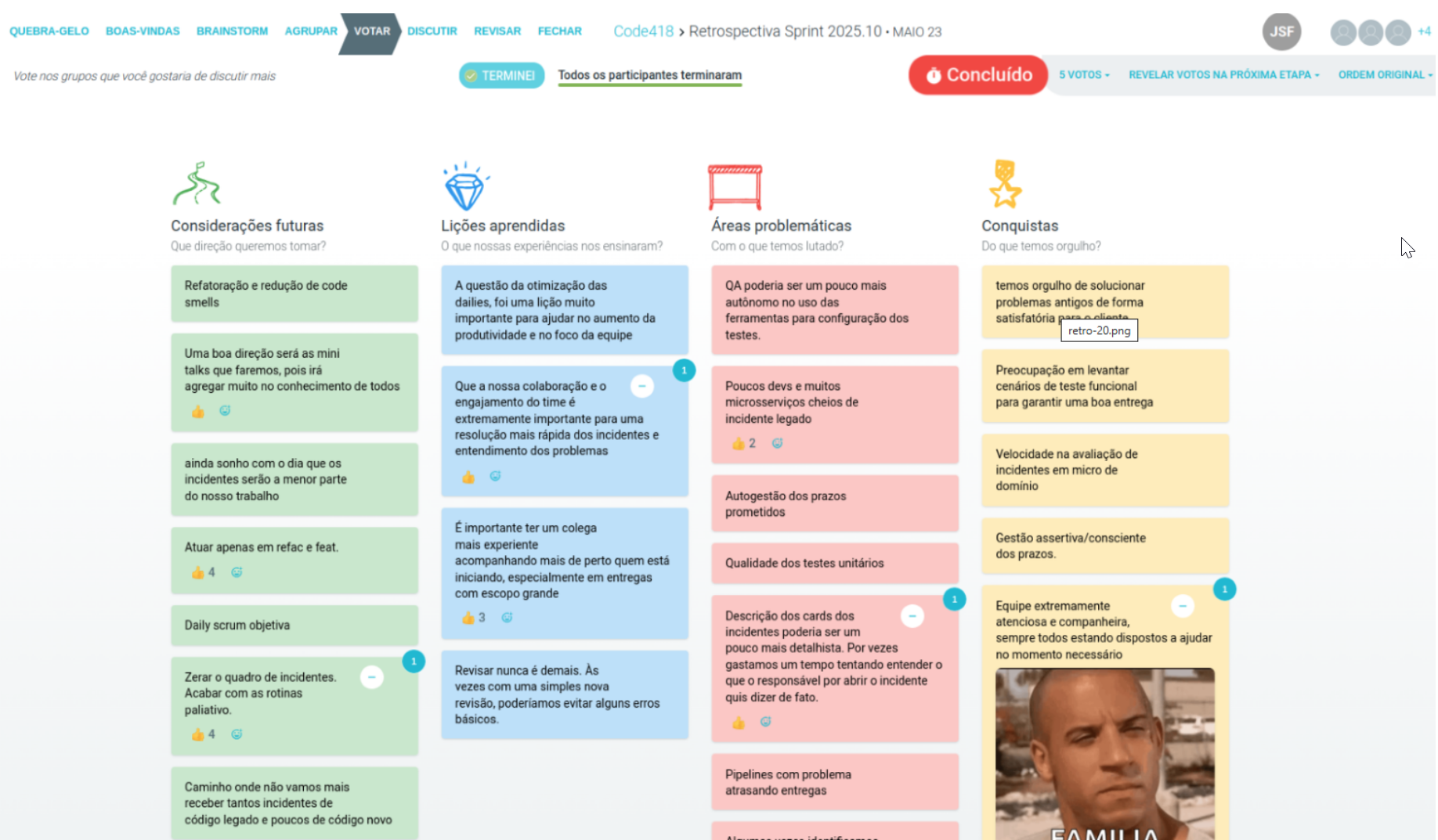
Measurable Outcomes: Engagement, Agreement, and Alignment
According to Clávison, the biggest win was team engagement. With everyone contributing meaningfully, retrospectives became an opportunity to surface important insights and turn them into clear, actionable agreements. Using TeamRetro, the team could also monitor progress on those agreements over time, improving accountability and follow-through.
Features That Made a Difference
Two features made the biggest impact.
Firstly, the structured templates are tailored to our different retrospective goals.
Secondly, the built-in agreement-tracking capabilities. “It provides peace of mind knowing that the agile methodology is being implemented correctly and consistently across all squads,” Clávison shares.
Leadership feedback was equally positive. “The request to acquire the tool was unanimous after the tests were conducted,” he continues, “The technical leadership noted that both engagement and team relationships improved.”
“It provides peace of mind knowing that the agile methodology is being implemented correctly and consistently across all squads.”
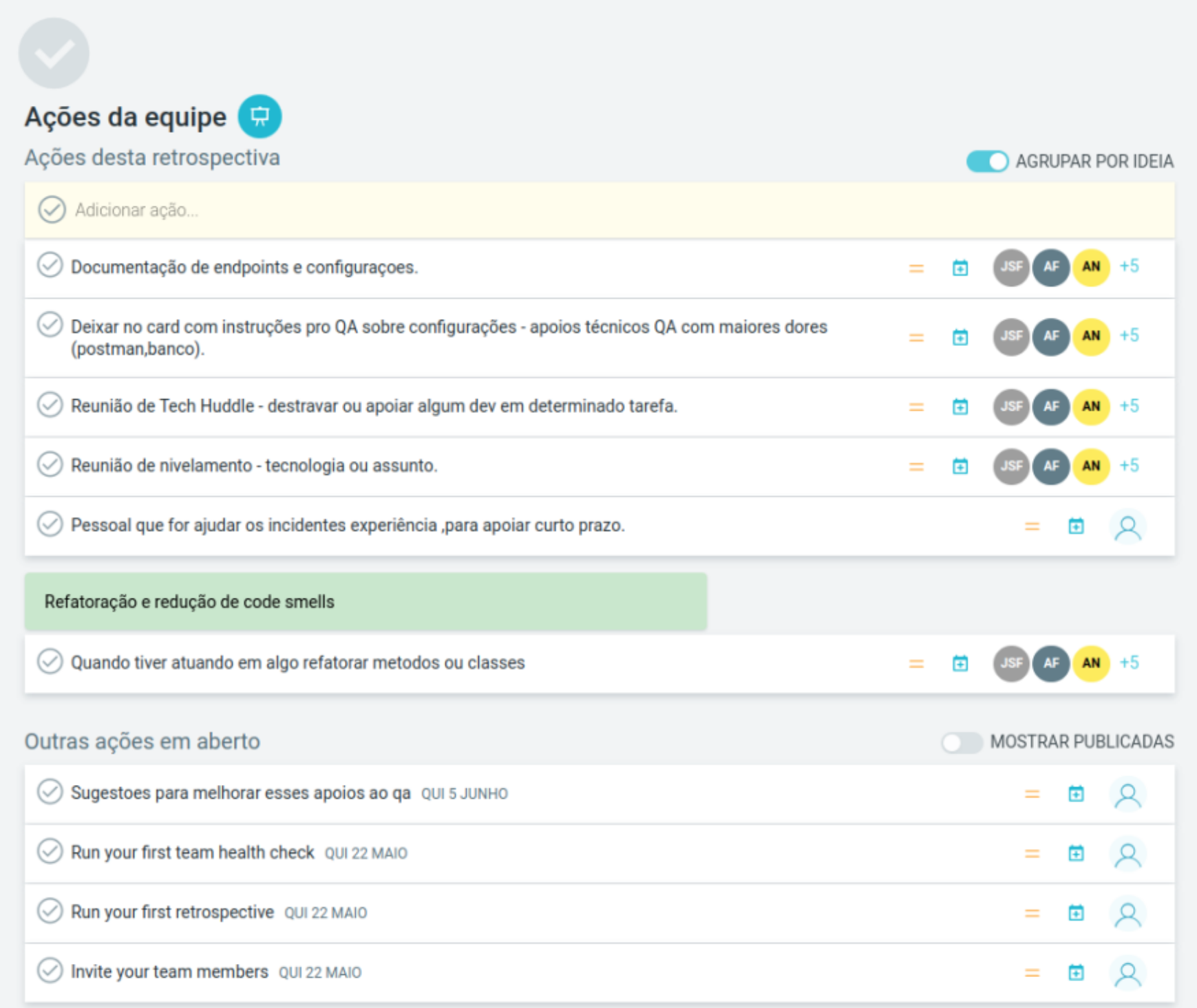
Advice to Fellow Scrum Masters
Reflecting on his experience, Clávison offers a few words of advice to others facilitating retrospectives. “Use open-ended questions to encourage reflection and identify concrete actions for improvement. Value diverse opinions and consistently strive for process and team enhancement.”
What started as a need for consistency evolved into a more engaged, aligned, and empowered development culture. TeamRetro helped turn retrospectives into a high-impact, high-participation ceremony across the organization.
“Use open-ended questions to encourage reflection and identify concrete actions for improvement. Value diverse opinions and consistently strive for process and team enhancement.”
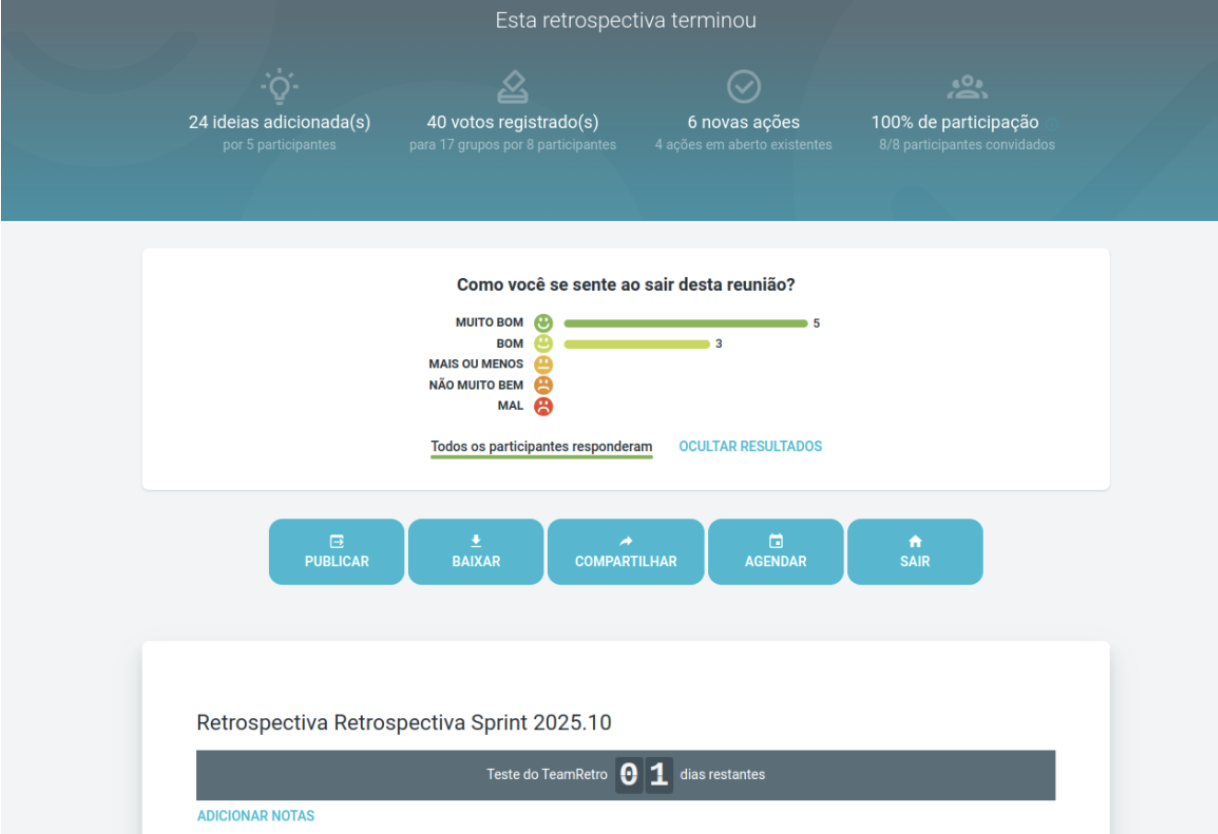
Make the Switch to TeamRetro Today
Attus Procuradoria Digital’s experience shows how TeamRetro can revolutionize retrospectives, boost team engagement, and streamline agile processes across multiple squads. Whether you’re looking to unify teams, surface meaningful insights, or implement agile best practices more effectively, TeamRetro provides the tools to make it happen.
Try TeamRetro today to transform your retrospectives!
